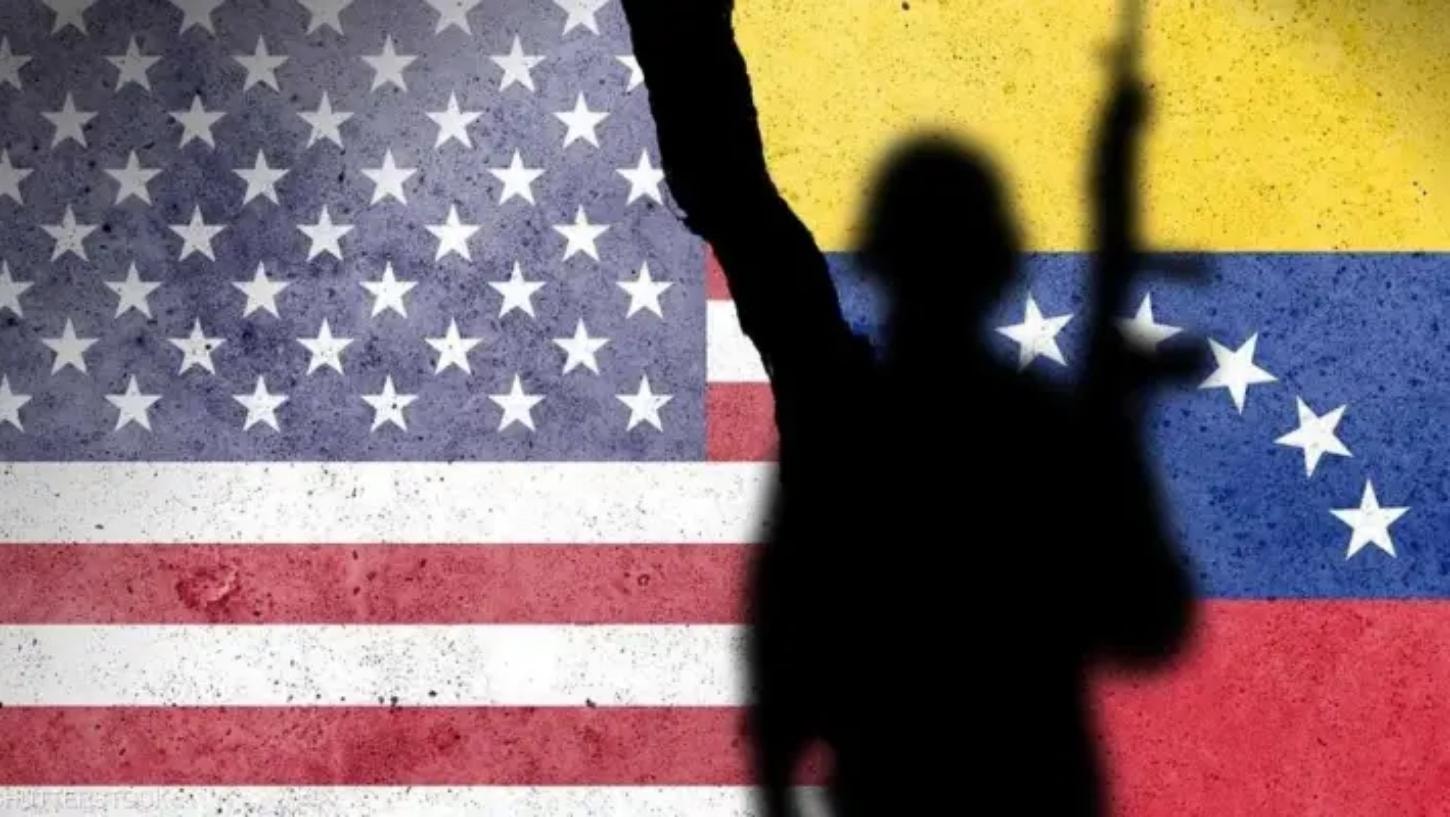Few voices in Pakistan speak with as much authority on nuclear deterrence as Senator Mushahid Hussain Sayed. His credibility is not theoretical; it is rooted in Pakistan’s defining moment of nuclear history. In the context of emerging worrisome situation after the Israeli attacks against Qatar, several TV channels invited him for the candid discussion revolving around the shocking act of aggression and the ripple effects across the Muslim world, including Pakistan. Analysts also debated a question now echoing in Pakistan: if Israel can strike Qatar, could Pakistan be next?
The Defining Role of Mushahid Hussain in 1998
In May 1998, India conducted a series of nuclear tests at Pokhran, dramatically shifting the strategic balance in South Asia. Pakistan was immediately placed under enormous international pressure to refrain from responding. The United States, Japan, and even some Muslim countries threatened crippling sanctions if Pakistan dared to proceed with its own tests.
At this critical juncture, Mushahid Hussain — then serving as the Federal Information Minister — played a pivotal role.
-
He defended Pakistan’s sovereign right to test before domestic and international media.
-
He argued that national dignity and nuclear deterrence were inseparable, warning that hesitation would embolden India.
-
His communication helped stiffen public resolve, reinforcing Prime Minister Nawaz Sharif’s eventual decision to proceed.
-
Most importantly, as Information Minister, Mushahid made the courageous call to broadcast the Chagai tests live on state-run PTV, allowing Pakistanis to witness history in real time.
On 28 May 1998, Pakistan conducted six underground nuclear explosions in Chagai, becoming not only the world’s seventh nuclear power but also the first in the Islamic world. Mushahid’s strong messaging countered foreign pressure and gave the nation confidence that its leaders would never compromise on national security.
Fast Forward to 2025: Qatar Under Fire

Mushahid Hussain acknowledged that the recent Israeli attack on Qatar has sent shockwaves across the Muslim world. For Gulf states, it exposed vulnerabilities in their defense and security arrangements. For Pakistan, it raised a pressing question: could Islamabad be the next target of Israeli aggression?
Answering the question, he stated that such concerns are quite understandable. Pakistan has consistently opposed Israeli policies in Palestine, refused to recognize Israel diplomatically, and positioned itself as a defender of Muslim causes. Following Qatar’s ordeal, speculation has grown that Israel could seek to intimidate Pakistan or test its resolve.
Why Pakistanis Are Concerned
During the TV talk shows, it was closely noted that the Qatar attack was more than just a military move; it was a psychological shock. Qatar has wealth, diplomacy, and global ties, yet still found itself under fire. For Pakistanis, the natural question followed: if Qatar can be attacked, what about us?
Pakistan has never recognized Israel and remains one of the staunchest defenders of Palestine. This vocal stance, coupled with tensions in the broader Muslim world, has fueled speculation that Islamabad could be singled out in the future.
Fear vs. Deterrence
Here lies the parallel with 1998. Back then, Pakistan faced immense pressure but realized that only strength could guarantee survival. Mushahid Hussain’s advocacy for deterrence was not just rhetoric; it became the foundation of a national security doctrine that has stood the test of time.
Today, Mushahid reminds the world that “any military adventurism against a declared nuclear power is sheer folly.” His warning is not abstract. It reflects the reality that while smaller states like Qatar can be attacked without fear of devastating retaliation, Pakistan’s nuclear capability changes the entire equation.
In essence:
-
Qatar, despite its wealth and strategic importance, could only absorb the blow.
-
Pakistan, by contrast, has the means — and the will — to deter aggression at its source.
Why Pakistan Is Not An Easy Target?
While fear of Israeli hostility lingers, Mushahid Hussain emphasized that several factors make a direct strike on Pakistan highly improbable:
-
Nuclear Deterrence – Pakistan is a declared nuclear power. The risks of escalation are too catastrophic for any aggressor to ignore.
-
Geographic Distance – Unlike the Gulf states, Pakistan is geographically outside Israel’s immediate sphere of influence, making direct confrontation far more complex.
-
Military Capability – Pakistan’s conventional military strength and proven missile technology serve as additional layers of deterrence.
-
Strategic Partnerships – Pakistan’s ties with China, Turkey, and other Muslim countries add further complications for any adversary considering hostile action.
A Unique Distinction in Air Combat History

Mushahid Hussain, during the TV shows, also highlighted that Pakistan holds a unique distinction in global military history as the only country whose pilot has downed an Israeli warplane. During the 1973 Arab–Israeli War, Pakistani Air Force pilots were deputed to assist Arab allies. In several fierce dogfights, Pakistanis successfully shot down Israeli warplanes, a feat acknowledged by the Middle Eastern countries and remembered with pride in Pakistan. This episode not only showcased the skill and courage of Pakistani pilots but also reinforced Pakistan’s enduring role as a committed defender of the Muslim world.
The Lesson of Chagai for Today
The memory of 1998 is more than a chapter of history; it is a living reminder that survival requires resolve, unity, and deterrence. Just as Mushahid Hussain stood firm during Pakistan’s most critical moment, his message today resonates powerfully: the Muslim world must recognize that strength, not statements, secures dignity.
According to Mushahid Hussain, the shocking attack on Qatar is a wake-up call. It highlights the dangers of complacency and the costs of relying solely on external powers for security. For Pakistan, however, the experience of Chagai means that the country is not merely another potential victim. It is a state that has already demonstrated it will stand firm against pressure and act decisively when national survival is at stake.
From Chagai in 1998 to Qatar in 2025, the thread is clear: deterrence works, weakness invites aggression. Back then, Mushahid Hussain stood firm in defending Pakistan’s nuclear response. Today, through his frequest appearance on TV channels, he reminds the Pakistani nation and the Muslim world that military adventurism against a nuclear state Pakistan is unimaginable and that unity, not fear, must guide Muslim strategy collectively.
While adopting a realistic approach, Mushahid Hussain warned that as Israel expands its regional adventurism, Pakistan must remain vigilant but confident. Our nuclear shield, military capability, and history of resilience mean that Pakistan is not an easy target. However, the challenge now lies in translating that strength into regional leadership, unity, and credible deterrence that can protect not just Pakistan, but the wider Muslim world.
Mr. Sabahuddin Qazi is the Editor-in-chief of Press Network of Pakistan.



